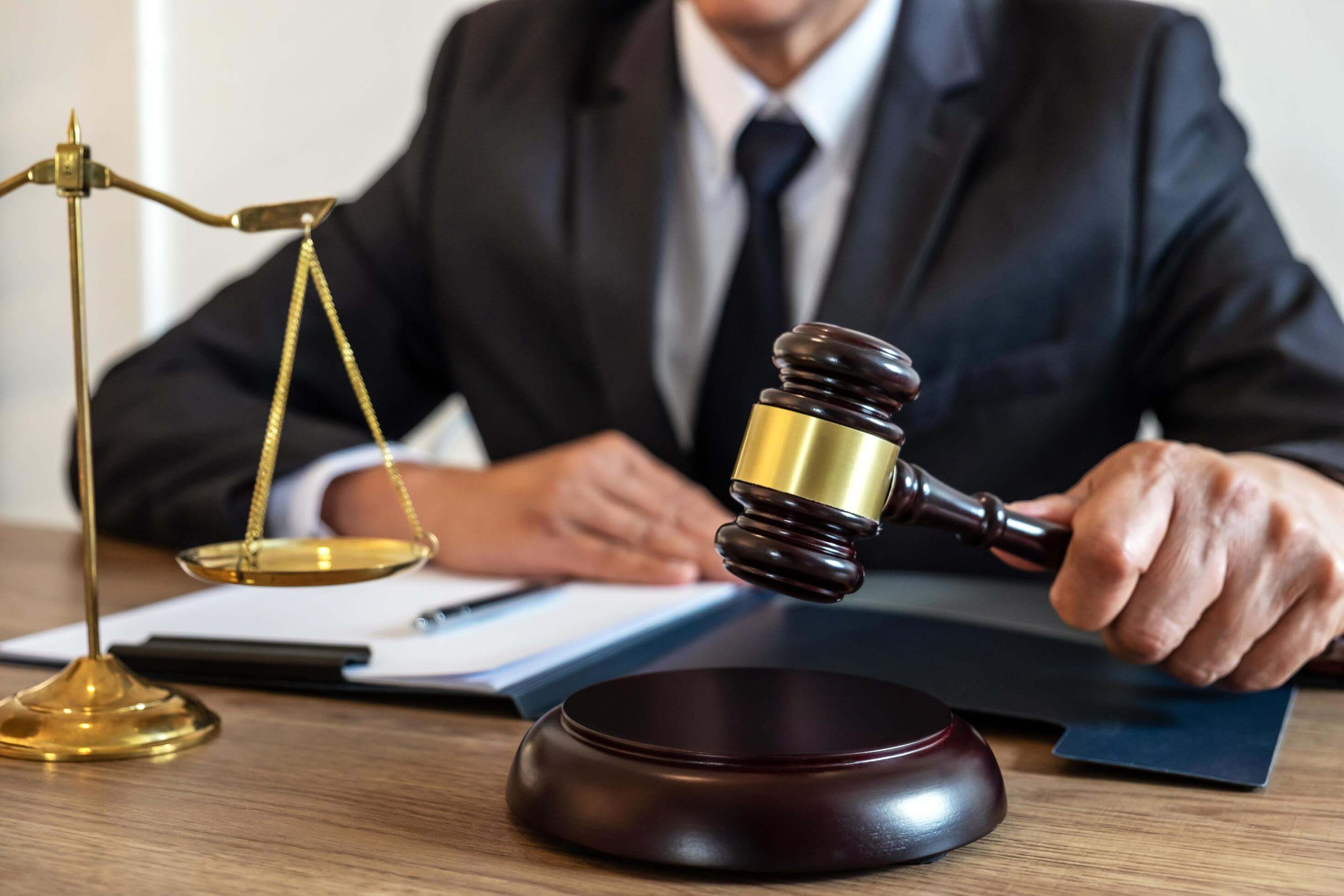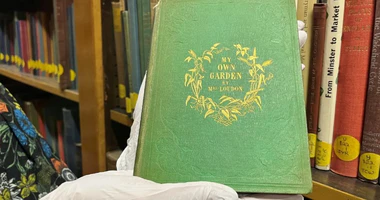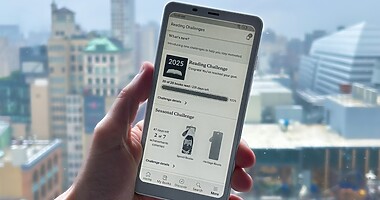Selling digital content such as e-books used to be the wild west. Online retailers could sell them at a loss to undercut the competition. Amazon was notorious for this sort of thing, and it made it the number one e-book store not only in North America but also in Europe. Kindle adoption skyrocketed, making it the number-one e-reader in the world.
Things crashed because Apple wanted to get involved in e-books and collude with all major publishers to implement agency pricing. This gave publishers the power to determine the cost, and Amazon could no longer do what they wanted. This backfired on Apple when the US Justice Department fined them copiously. Everyone settled out of court, but the damage to the e-book landscape was done.
There is a new force on the horizon that threatens every single digital bookstore that operates in California. A new law went into effect this year. It will ban digital storefronts from using terms like “buy” or “purchase” unless they inform customers that they’re not getting unrestricted access to whatever they’re buying. Storefronts will have to tell customers they’re getting a license that can be revoked and provide a list of all the restrictions that come along with it. If you fail to comply, lawsuits will follow. Just ask Apple, who a class action lawsuit was filed against them last week for this very thing.
Amazon complied with the new law in California a few months before it was mandated. The company revised the text when purchasing a Kindle e-book from its online store. It used to say, “By clicking on the above button, you agree to Amazon’s Kindle Store Terms of Use.” However, the text in the USA has been changed to “By placing your order, you’re purchasing a license to the content and agree to the Kindle Store Terms of Use.”
Barnes and Noble, Rakuten Kobo, Google Play Books, and many smaller retailers are breaking California Law AB2426. They have not changed the text when purchasing an e-book, nor are they making it clear that you are not purchasing the e-book but are only licensing it. None have text changes in the United States or California, potentially opening them up to lawsuits or class actions.
Full disclosure. I used a VPN for a few cities in California to see if Barnes and Noble, Kobo, or Google Play Books complied with state law. I also tried from various USA cities to see if any text was changed on product listings during the purchase flow. They are not.
Michael Kozlowski is the editor-in-chief at Good e-Reader and has written about audiobooks and e-readers for the past fifteen years. Newspapers and websites such as the CBC, CNET, Engadget, Huffington Post and the New York Times have picked up his articles. He Lives in Vancouver, British Columbia, Canada.





